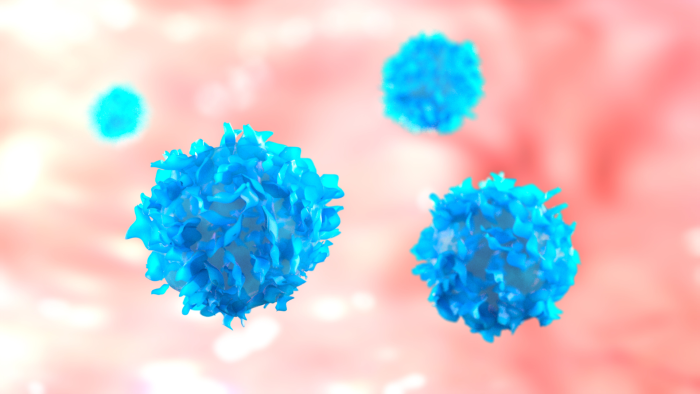
FOXN1 deficiency
Also known as nude/severe combined immunodeficiency (SCID), this rare primary immunodeficiency disrupts adaptive immunity and is characterized by congenital athymia, congenital alopecia totalis, and nail dystrophy.

The more you understand about primary immunodeficiency (PI), the better you can live with the disease or support others in your life with PI. Learn more about PI, including the various diagnoses and treatment options.

Living with primary immunodeficiency (PI) can be challenging, but you’re not alone—many people with PI lead full and active lives. With the right support and resources, you can, too.

Be a hero for those with PI. Change lives by promoting primary immunodeficiency (PI) awareness and taking action in your community through advocacy, donating, volunteering, or fundraising.

Whether you’re a clinician, researcher, or an individual with primary immunodeficiency (PI), IDF has resources to help you advance the field. Get details on surveys, grants, and clinical trials.

Also known as nude/severe combined immunodeficiency (SCID), this rare primary immunodeficiency disrupts adaptive immunity and is characterized by congenital athymia, congenital alopecia totalis, and nail dystrophy.
Related gene: FOXN1
Inheritance pattern: Autosomal recessive or autosomal dominant
FOXN1 deficiency is a rare primary immunodeficiency that disrupts adaptive immunity and is characterized by congenital athymia (lack of a thymus resulting in severe T cell immunodeficiency), congenital alopecia totalis, and nail dystrophy. Also referred to as nude SCID or nude/severe combined immunodeficiency, this disorder is caused by autosomal recessive loss-of-function variants in the FOXN1 gene. Diagnosis relies on testing for FOXN1 variants, which allows for genetic counseling and therapeutic management. Incidence is estimated at 1/1,000,000.
Patients present neonatal or infantile-onset, severe, recurrent, life-threatening infections and low or absent circulating T cells. Additional features reported include erythroderma (severe skin inflammation), lymphadenopathy (enlarged lymph nodes), diarrhea, and failure to thrive.
Download this chapter from the IDF Patient & Family Handbook for Primary Immunodeficiency Diseases, Sixth Edition.
Download PDFCongenital athymia is an ultra-rare condition in which children are born without a thymus, causing severe immune deficiency and dysregulation. FOXN1 deficiency is one cause of congenital athymia.

Find educational resources, informative articles, and information about all forms of severe combined immunodeficiency.
This page contains general medical and/or legal information that cannot be applied safely to any individual case. Medical and/or legal knowledge and practice can change rapidly. Therefore, this page should not be used as a substitute for professional medical and/or legal advice.
Adapted from the IDF Patient & Family Handbook for Primary Immunodeficiency Diseases, Sixth Edition.
Copyright ©2019 by Immune Deficiency Foundation, USA
Receive news and helpful resources to your cell phone or inbox. You can change or cancel your subscription at any time.





The Immune Deficiency Foundation improves the diagnosis, treatment, and quality of life for every person affected by primary immunodeficiency.
We foster a community that is connected, engaged, and empowered through advocacy, education, and research.
Combined Charity Campaign | CFC# 66309
